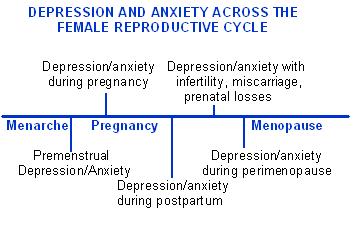Do you feel sad or down? Do you have crying spells and/or lost interest or motivation? Do you have low mental energy or lack normal enjoyment of life? If the answer is yes to any of these questions you could be depressed.
Clinical depression is not just a feeling. It is a chemical imbalance in the brain. When this occurs, transmitters and other important brain activities are significantly reduced. It is as though part of the brain has a low battery cell.
The depressed brain does not concentrate well, think clearly, or experience pleasure. A person that is clinically depressed frequently cannot project into the future to imagine ever feeling good again. Clinical depression is often the result of chronic stress overload.
Early life loss or trauma can increase vulnerability to depression. Anxiety symptoms are usually experienced prior to depression. This process can take months or even years before clinical depression develops.
Severe depression produces high levels of cortisol (the main stress hormone). Cortisol can cause loss of brain cells. Early morning awakening is probably caused by high levels of cortisol. This happens frequently with depression, making mornings especially difficult. Cortisol also suppresses immune functioning and normal body repair.
Why does one person react to stress with depression, but
others will have headaches, ulcers, or GI problems, etc.?The answer is genetics.
To find out what stress symptoms you may be vulnerable to consider these questions:
• Were your parents happy and productive?
• Are your siblings, children, and grandparents all happy, productive people? If first degree relatives react to stressors with anxiety and depression, chances are great that you will too.

